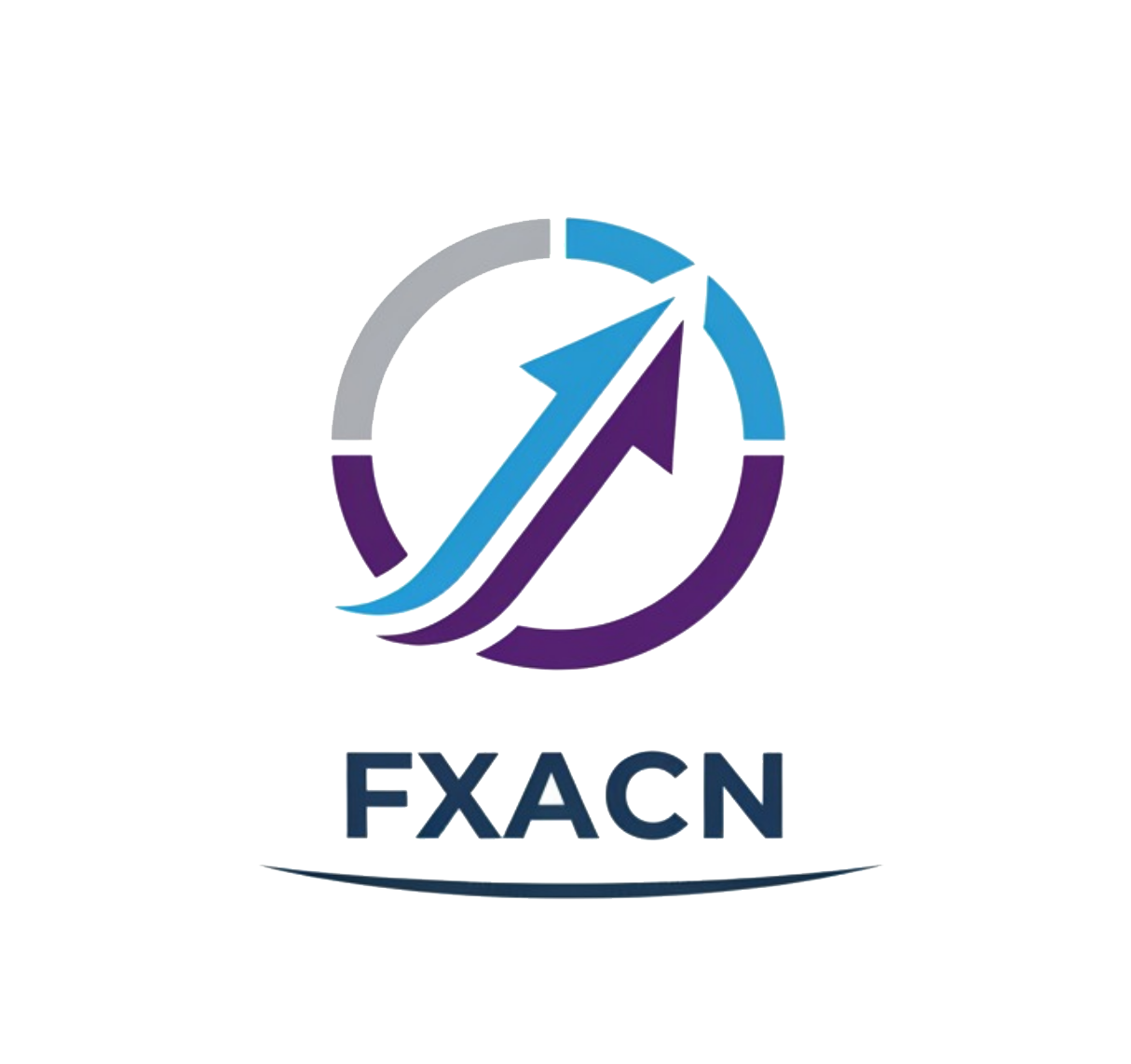Introduction
YaMarkets, a forex broker established in 2016, positions itself as an entry point for traders seeking to navigate the complex landscape of the foreign exchange market. With its low minimum deposit requirement and high leverage options, it attempts to cater to both novice and experienced traders. However, as with any financial service provider, it is crucial for traders to conduct thorough due diligence before engaging their services. Trustworthiness, regulatory compliance, and cost transparency are essential factors that can significantly impact trading experiences and financial safety. This article leverages various industry reviews, regulatory databases, and user testimonials to assess whether is YaMarkets safe or if it exhibits characteristics typical of a scam.
Regulation and Legality
The legitimacy of a forex broker largely hinges on its regulatory framework. YaMarkets claims to be regulated by a mix of offshore authorities, which raises potential red flags regarding investor protections. Below is a summary table of its regulatory status:
| Regulatory Authority | License Number | Jurisdiction | Verification Status |
|---|---|---|---|
| FSC | C 165091 | Mauritius | Verified |
| FSCA | 51192 | South Africa | Exceeded |
| MISA | T2022091 | Comoros | Verified |
YaMarkets operates under the oversight of the FSC in Mauritius, recognized for its relatively relaxed regulations. While it boasts licensing from FSCA in South Africa, allegations of exceeding its regulatory scope cast doubt on its compliance record. Such lax regulatory environments often lead to insufficient investor protections, creating risks for traders’ funds and trading experiences. These factors feed into the ongoing debate of whether is YaMarkets safe for traders serious about protecting their investments.
Company Background Investigation
YaMarkets’ journey since its inception in 2016 has been marked by significant growth, positioning it as a broker serving clients across various regions, particularly in Southeast Asia. However, its opaque ownership structure raises questions about accountability and transparency. Unfortunately, YaMarkets has not been forthright regarding detailed management profiles, which is often indicative of a broker’s overall credibility. Furthermore, lack of clear documentation regarding ownership and company structure undermines investor confidence and positions YaMarkets unfavorably against better-regulated competitors.
Transparency includes providing comprehensive information about operational methodologies and key personnel. The absence of this transparency suggests that prospective clients should approach this broker with caution, weighing the implications of the company’s credibility against the potential gains from trading. In the context of the initial question, is YaMarkets safe, the lack of transparency serves as an additional concern.
Trading Conditions Analysis
An essential aspect of evaluating any brokerage includes scrutinizing their trading costs and conditions. YaMarkets appears to offer competitive trading parameters; however, certain fees may obscure its overall value proposition. The following comparative table summarizes the key trading costs associated with YaMarkets:
| Fee Type | YaMarkets | Industry Average |
|---|---|---|
| Spread on Major Currency Pairs | 1.5 – 3.1 pips | 0.5 – 1.0 pips |
| Commission Model | None (Standard) | Yes |
| Overnight Interest Rate Range | Varies by asset | Varies by asset |
The spreads offered by YaMarkets, particularly for its ultimate account, can be significantly higher than industry norms. This, coupled with the absence of commission on standard accounts, suggests that traders might end up paying through inflated spreads. The possibility of additional, undisclosed costs within their trading model further complicates the situation and raises a fundamental question: is YaMarkets safe for traders seeking transparent pricing structures? It’s essential for potential clients to meticulously evaluate if the listed costs align effectively with their trading strategies and financial goals.
Client Fund Safety
When evaluating a broker’s trustworthiness, one cannot overlook the mechanisms in place meant to ensure the security of client funds. YaMarkets claims to offer various safety measures; however, the reality may differ significantly. Investor protection provisions—including fund segregation, negative balance protection, and insurance policies—are crucial for safeguarding clients in case of broker insolvency. Below are some key safety factors:
- Client Fund Segregation: Unclear if client deposits are segregated from operating funds.
- Negative Balance Protection: More details on this feature are needed to assess its implementation and relevance.
- Investor Protection: No clear compensation scheme linked with the regulatory bodies overseeing YaMarkets.
Given that YaMarkets primarily operates under offshore jurisdictions, the lack of rigorous investor protections signals a heightened risk level for client funds. Historical complaints regarding fund withdrawals further exacerbate concerns. Traders finding themselves with these unresolved issues may legitimately question, “Is YaMarkets safe?” when considering their capital exposure and security.
Customer Experience and Complaints
Analyzing customer feedback forms an integral part of understanding a broker’s operational integrity. YaMarkets has seen a mixed bag of responses, with many users citing high-pressure tactics aimed at promoting larger deposits. A typical complaint type table follows:
| Complaint Type | Severity Level | Company Response |
|---|---|---|
| Withdrawal issues | High | Slow or non-responsive |
| Hidden fee disclosures | Medium | Lack of clarity |
| Inexperienced support | Medium | Delayed response |
Several reported cases indicate that funds were not accessible upon request, subsequently leading to speculative conclusions regarding YaMarkets’ legitimacy in client fund management. One user described a frustrating experience where funds were unexpectedly withdrawn from their account, signaling an alarming potential breach of trust. Such customer experiences significantly contribute to the ongoing discourse on whether is YaMarkets safe for individuals and their trading capital.
Platforms and Trade Execution
The quality of trading platforms and execution is paramount in shaping the user’s trading experience. YaMarkets employs the widely used MetaTrader 4 and MetaTrader 5, known for their reliability and advanced capabilities. However, any potential issues related to execution quality—like slippage or refusal to fill orders—should impact the perceived safety of trading with YaMarkets.
Concerns about potential manipulation have been raised, particularly in light of reported slippage in trade execution during volatile periods. Available data concerning execution speed, order rejection rates, and reported slippage is sparse, leading many potential clients to wonder once more, “Is YaMarkets safe?” For an informed decision, understanding how the broker manages execution quality remains crucial.
Risk Assessment
Risk evaluation is crucial for any trader considering a new brokerage. A summary of key risks associated with trading with YaMarkets is presented below:
| Risk Category | Risk Level (Low/Medium/High) | Brief Explanation |
|---|---|---|
| Regulation and Oversight | High | Weak regulatory framework |
| Fund Security | High | Lack of robust fund protection measures |
| Customer Support | Medium | Slow response times |
Given these risk indicators, trading with YaMarkets may pose considerable risks, especially for inexperienced traders. Proper risk mitigation strategies—including detailed research, limiting exposure, and spreading investments—should be paramount in any approach when considering engagement with YaMarkets.
Conclusion and Recommendations
After weighing the evidence, it is clear that YaMarkets operates within a framework that raises significant concerns regarding its legitimacy and safety. The is YaMarkets safe question should be answered with cautious awareness, particularly given its lax regulatory environment and mixed customer experiences.
For traders inclined toward cautious investing, it is recommended to explore alternatives that boast stronger regulatory frameworks, such as those governed by the UK FCA or Australian ASIC. Brokers like IG and OANDA provide enhanced protection structures and a track record of reliable client service. Ultimately, trader vigilance remains imperative in navigating the perilous terrain of forex brokerage.


